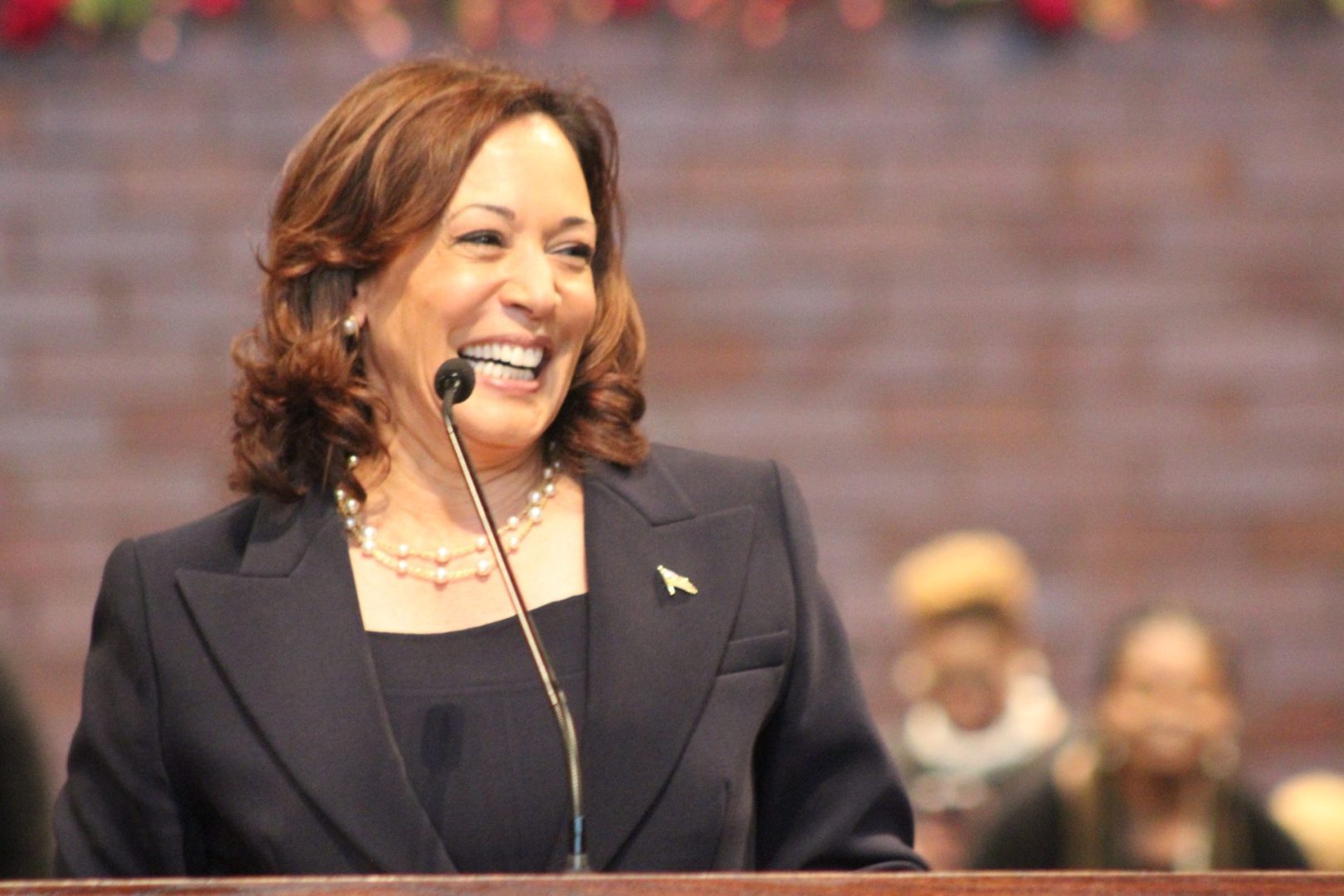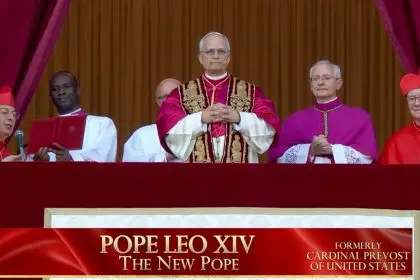In a significant move that has stirred conversations within the evangelical community, Rev. Lee Scott publicly endorsed Vice President Kamala Harris for president during a recent Evangelicals for Harris Zoom call. This endorsement, made on Aug. 14, was not without its risks, as Scott acknowledged the potential backlash from his peers.
The backdrop of Scott’s endorsement is particularly poignant, given that his town, Butler, Pennsylvania, is the same town where a would-be assassin attempted to shoot Trump in July. This incident, along with the growing normalization of political violence, has compelled Scott to challenge the status quo and advocate for a more compassionate political discourse.
Challenging the status quo
Scott’s sentiments resonate with a growing coalition of evangelicals who are seeking to distance themselves from Trump’s brand of politics. Despite Trump’s strong support among white evangelical voters — approximately 80% voted for him in the 2020 election — there is a notable shift occurring within the community. Scott expressed his frustration with the meanness and bigotry that have come to define the political landscape.
This coalition, which includes figures like Rev. Dwight McKissic, a Baptist pastor from Texas, is advocating for a broader interpretation of evangelical values that transcends partisan lines. McKissic, who has historically voted Republican, expressed his support for Harris, citing her character and qualifications as reasons for his endorsement.
Grassroots movements and political engagement
Grassroots organizations like Evangelicals for Harris are mobilizing to encourage fellow evangelicals to consider Harris as a viable alternative to Trump. With plans to invest a million dollars in targeted advertisements, the group aims to reach evangelicals in key swing states, hoping to sway those who may feel disillusioned by the current political climate.
In the 2020 election, Biden managed to secure about 20% of the white evangelical vote, but the overall support for Democrats among evangelicals was more substantial, with around one-third backing Biden. This trend indicates a potential opening for Harris, especially as she focuses on issues that resonate with many evangelical voters, such as education and family support.
Building bridges with diverse communities
Harris’ campaign has recognized the importance of engaging with diverse religious communities. In August, the campaign appointed Rev. Jen Butler, a Presbyterian minister, to lead its religious outreach efforts. Butler aims to connect with Black Protestants, Latino evangelicals and other faith groups to build a coalition that can challenge the traditional Republican stronghold on evangelical voters.
Butler’s outreach efforts are not limited to evangelicals; they also include Catholics and mainline Protestants, emphasizing the campaign’s commitment to inclusivity. This strategy reflects a broader understanding that political identity and religious identity do not have to be intertwined, as highlighted by groups like Vote Common Good.
The road ahead: Challenges and opportunities
Despite the momentum, the path to garnering support from evangelicals for Harris is fraught with challenges. Many evangelicals still find it difficult to support a Democrat, given the historical alignment of evangelicalism with the Republican Party. However, voices within the community are advocating for a reevaluation of what it means to be evangelical in today’s political landscape.
As the election approaches, the conversation around evangelical identity is evolving. Figures like Soong-Chan Rah, a professor of evangelism, argue that the stakes are too high to remain silent. Rah’s endorsement of Harris underscores a desire for change within the evangelical community, one that embraces diversity and challenges the notion that evangelicalism is synonymous with conservatism.
The endorsement of Harris by Rev. Lee Scott and others signifies a potential shift in the evangelical landscape. As more individuals within the community begin to voice their dissent against Trump and seek alternatives, the definition of evangelicalism itself may undergo a transformation. This evolution could pave the way for a more inclusive and compassionate political discourse that aligns with the core values of many evangelicals.
















